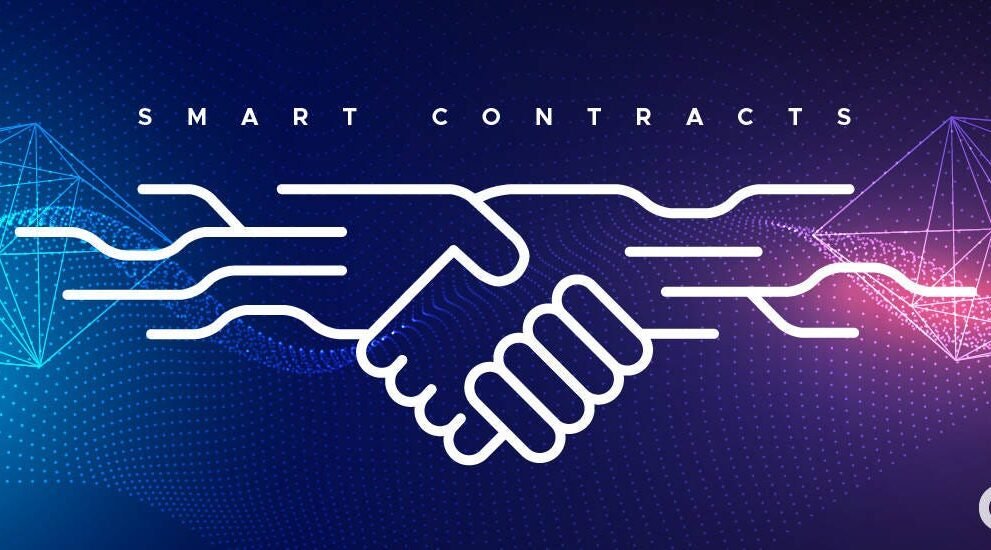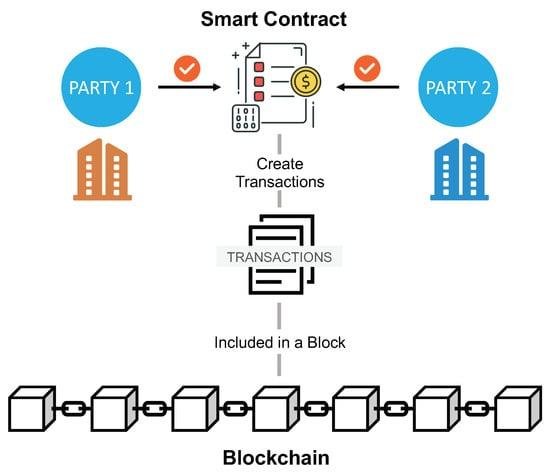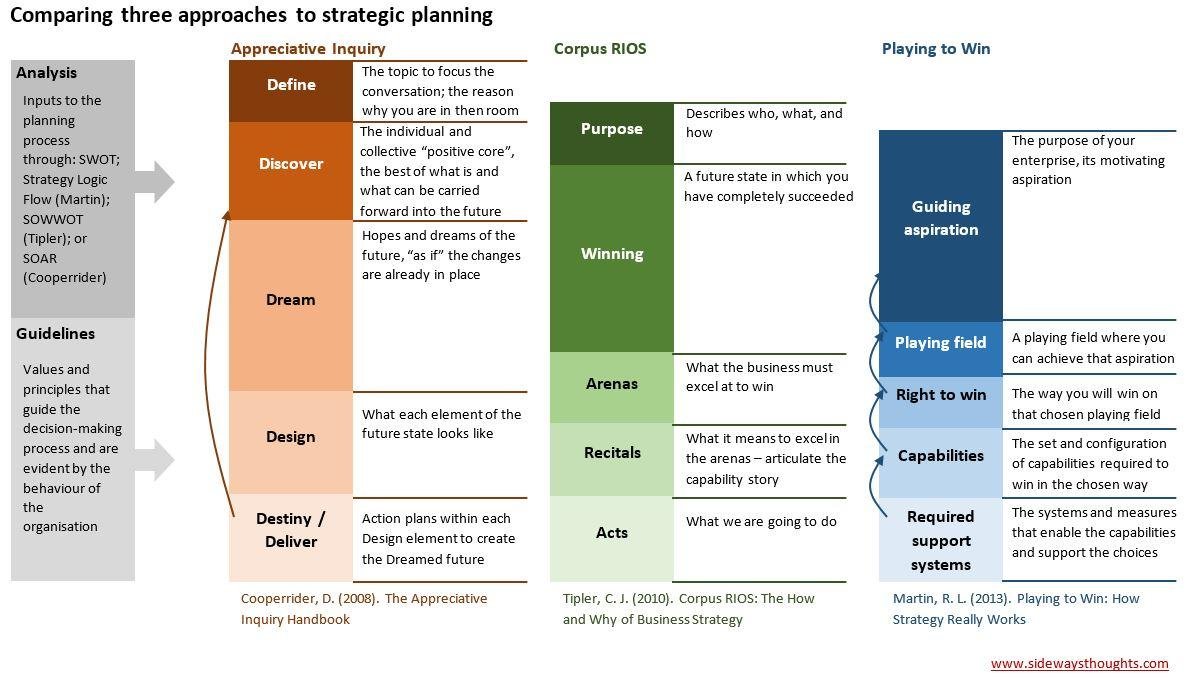Challenges and Opportunities of Smart Contracts in the Legal Sector

Introduction
Technology is transforming nearly every part of our daily lives, and the legal sector is not immune to this change. One of the most groundbreaking advancements is the development of smart contracts. These are digital agreements powered by blockchain technology, which promises to make transactions faster, more secure, and transparent. However, as with any new technology, smart contracts bring both opportunities and challenges. The legal world is still figuring out how to make these digital agreements fit into traditional legal systems. This article explores both the potential benefits and the challenges smart contracts present in law, and how we can work to combine the best of both technology and traditional legal practices.

Exploring the Complex Landscape of Smart Contracts in Legal Frameworks
Moreover, smart contracts are written in computer code, which many lawyers might not fully understand. This creates a gap between the technical language of the contracts and the legal principles that lawyers are used to. To fully take advantage of smart contracts, the legal field must find a way to bridge this gap.
On the other hand, smart contracts could revolutionize the legal field by offering:
- Efficiency: They can automate routine tasks, saving time and money.
- Transparency: Everyone involved in the contract can see the same terms and conditions.
- Trust: Blockchain technology ensures the contract can’t be changed once it’s executed, ensuring all parties can trust the process.
By embracing this technology, legal professionals could streamline legal processes and reduce costs.
You May Also Like: General Importance of Email Marketing in the Legal Sector

Navigating Legal Ambiguities: Understanding Compliance and Enforcement Issues
As smart contracts become more common, there are still a number of legal uncertainties surrounding their use. These self-executing contracts don’t always fit into existing laws, especially when it comes to enforcing them in court. Below are some of the main challenges:
- Regulatory Compliance: How do smart contracts fit into existing laws and regulations?
- Dispute Resolution: How can we resolve conflicts if something goes wrong with an automated contract?
- Data Privacy: How do we protect personal data included in smart contracts?
Even though these challenges exist, there are also opportunities for legal professionals to benefit from the adoption of smart contracts. By improving transparency and efficiency, lawyers can spend less time on administrative tasks and more time on more complex legal work.
To take advantage of these benefits, it’s crucial to develop new legal frameworks that account for these changes in technology.

Bridging the Gap: Technology Integration and Legal Professional Development
The rise of smart contracts calls for legal professionals to adapt to new technologies. While smart contracts can make the legal process faster and more accurate, they also raise important questions about security, data privacy, and the risk of automated errors. For lawyers to keep up, they need to learn more about how blockchain and smart contracts work.
Here are some ways that legal professionals can stay ahead in this new landscape:
- Continuous Education: Lawyers should learn about blockchain technology and its legal implications.
- Workshops and Seminars: Participating in events focused on the intersection of law and technology can help.
- Collaboration with Tech Experts: Working with tech experts can help lawyers understand how smart contracts can be applied in real-world legal situations.
Here’s a summary of the key skills that legal professionals need:
| Skill Area | Importance |
|---|---|
| Blockchain Understanding | High |
| Legal Analysis of Smart Contracts | Critical |
| Client Education on Technology | Essential |

Future-Focused Strategies: Embracing Opportunities for Innovation in Legal Practice
To take full advantage of smart contracts, the legal field must adopt strategic approaches that address both the challenges and opportunities they present. Some of the benefits of smart contracts include reduced transaction costs and automated contract enforcement, but there are also risks, such as data security and jurisdictional issues.
To move forward, here are a few strategies that legal professionals can implement:
- Education and Development: Continuous learning about blockchain technology and its legal consequences is crucial.
- Collaboration with Tech Firms: Legal professionals can partner with tech companies to develop tailored smart contract solutions.
- Flexible Approach: Laws and regulations will continue to evolve, so it’s important to remain adaptable.
Additionally, legal professionals should track progress by measuring key metrics related to smart contracts, such as:
| Metric | Description |
|---|---|
| Execution Time | Time taken to execute contracts automatically compared to traditional methods. |
| Cost Reduction | Percentage decrease in costs related to contract management and execution. |
| Error Rate | Frequency of errors or disputes arising from executed smart contracts. |
In Summary
We are at a point where technology and law are beginning to intersect in new ways. Smart contracts offer the potential to make legal processes faster, cheaper, and more transparent. However, their integration into traditional legal systems raises important challenges, such as regulatory compliance, jurisdiction, and enforcement.
Legal professionals who embrace smart contracts and adapt to this new technology will be at the forefront of a more efficient, accessible, and equitable legal system. By working together with technology experts and continuously learning about blockchain, lawyers can stay ahead of the curve.
The future of the legal profession will likely be shaped by a combination of innovation and tradition, and smart contracts are one of the key technologies that will play a role in this transformation. The conversation about their potential is just beginning, and as the legal industry evolves, it’s crucial for legal professionals to stay informed, adaptable, and open to the possibilities of this exciting technology.

















































































































































































































































































































































































































































































































































